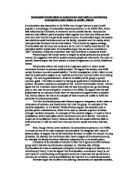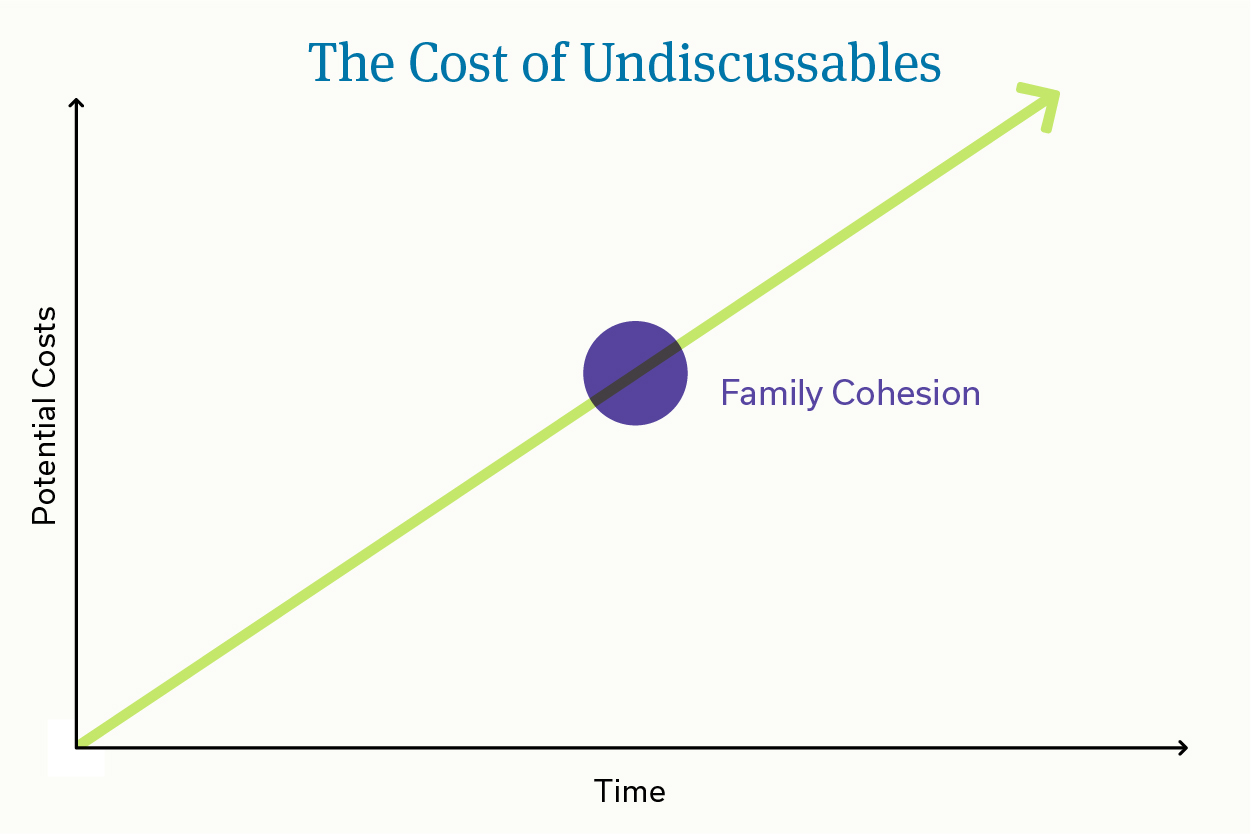Consensus and conflict are two fundamental ways in which people and groups interact with each other. While consensus involves coming to an agreement or finding a common ground, conflict involves disagreement or opposing views. Both consensus and conflict play important roles in human relationships and decision-making, and understanding the differences between these two concepts can help us navigate social situations more effectively.
Consensus refers to a situation where a group of people come to an agreement or a common understanding on a particular issue. This can involve compromise, negotiation, and the willingness to listen to and consider the perspectives of others. When people reach consensus, they are able to work together towards a common goal or solve a problem more efficiently. Consensus can be achieved through open communication, mutual respect, and a willingness to find common ground.
Conflict, on the other hand, refers to a situation where people have opposing views or goals and are unable to come to an agreement. Conflict can arise due to differences in values, beliefs, goals, or interests. It can be fueled by misunderstandings, miscommunication, or a lack of trust or respect. Conflict can take many forms, including verbal arguments, physical altercations, or social or political strife.
There are both positive and negative aspects to both consensus and conflict. On the positive side, consensus can lead to a sense of unity and cooperation within a group, and can help to foster a sense of community and belonging. Conflict, on the other hand, can lead to the airing of differing viewpoints and the generation of new ideas and solutions. It can also help to challenge the status quo and bring about positive change.
However, consensus can also lead to a lack of diversity and the suppression of minority viewpoints, while conflict can lead to tension, hostility, and even violence. It is important to find a balance between consensus and conflict, and to recognize when one or the other is more appropriate in a given situation.
In conclusion, consensus and conflict are two fundamental ways in which people and groups interact with each other. While consensus involves coming to an agreement and finding common ground, conflict involves disagreement and opposing views. Understanding the differences between these two concepts can help us navigate social situations more effectively and find a balance between cooperation and dissent.






